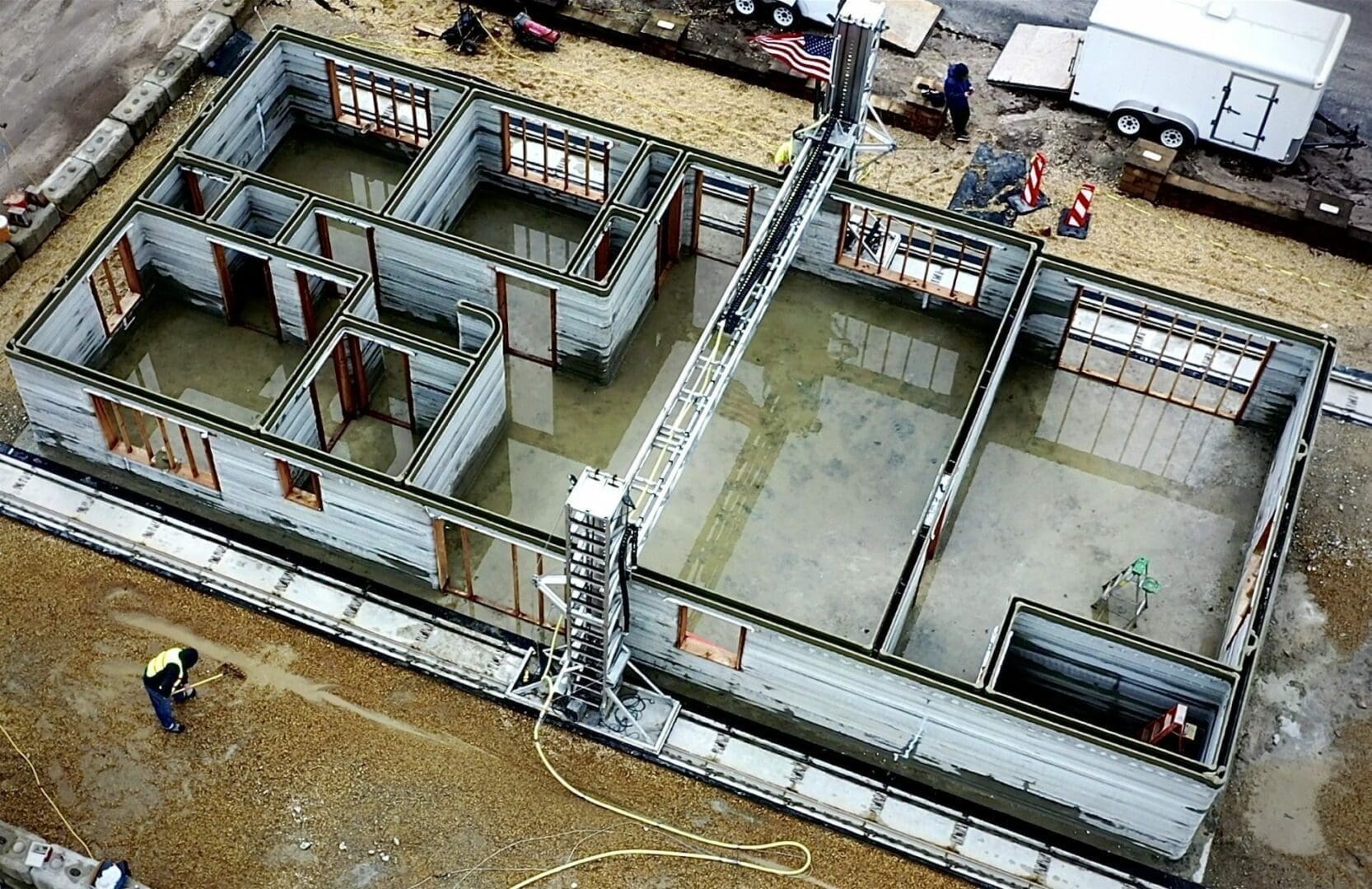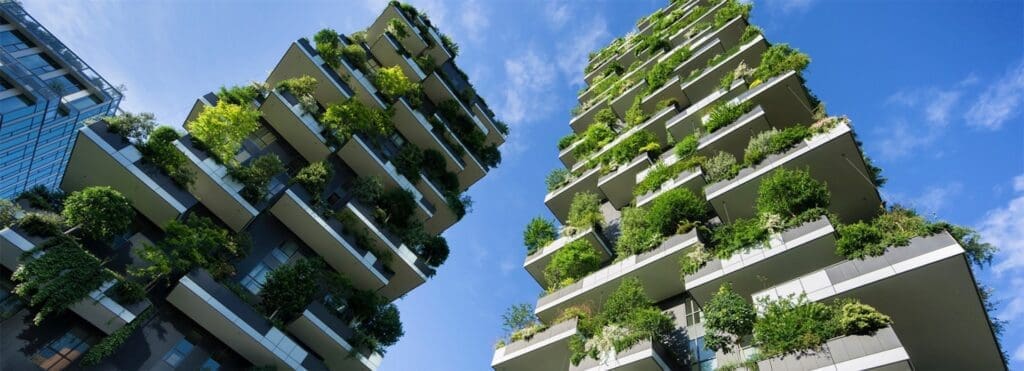Would you like to get notifications from Christian?
Kunstmatige intelligentie heeft misschien een manier gevonden om beton duurzamer te maken. Beton is het populairste bouwmateriaal ter wereld, maar het gaat ten koste van het milieu: Cement, een essentieel ingrediënt van beton, is verantwoordelijk voor 8 procent van de wereldwijde antropogene uitstoot van broeikasgassen. Maar de prille resultaten van een nieuwe studie suggereren dat AI-gestuurde formules de koolstofvoetafdruk van beton met 40% kunnen verminderen, terwijl de sterkte en duurzaamheid behouden blijven.

Aangezien de wereld in een ongekend tempo blijft verstedelijken, zal de vraag naar beton alleen maar toenemen. En aangezien beton verantwoordelijk is voor een aanzienlijk deel van de wereldwijde uitstoot van broeikasgassen, is het van cruciaal belang manieren te vinden om beton duurzamer te maken. Beton heeft ook een grote hoeveelheid energie in zich, d.w.z. de energie die nodig is om het te produceren. Om beton duurzamer te maken, wenden onderzoekers zich tot kunstmatige intelligentie. De prille resultaten van deze studie suggereren dat AI ons kan helpen die uitdaging aan te gaan.
AI kan helpen om betonrecepten te optimaliseren door nieuwe manieren te vinden om cement te vervangen door andere materialen. Hierdoor kan de koolstofvoetafdruk van beton worden verkleind zonder dat dit ten koste gaat van de sterkte of duurzaamheid. Eén zo'n recept werd ontwikkeld door Ozinga, een vooraanstaande betonleverancier in de Verenigde Staten. Het recept werd getest en verfijnd voordat het werd gebruikt voor de bouw van een datacentrum in DeKalb, Illinois. Het gebruik van dit door AI gegenereerde recept betekent een belangrijke stap voorwaarts in de verduurzaming van beton en de vermindering van het effect ervan op het milieu.

Als de betonproductie duurzamer wordt, zal dat een positief effect hebben op het milieu en op de mensen die op onze planeet wonen. Minder betonproductie zou minder kooldioxide-emissies betekenen, wat zou helpen de klimaatverandering terug te dringen. Het zou ook betekenen dat er minder ingebedde energie in beton zit, waardoor het gemakkelijker en goedkoper te produceren zou zijn. Dit zou een positief effect kunnen hebben op de bouwsector, alsmede op de mensen die voor hun huizen en gebouwen op beton zijn aangewezen.
De onderzoekers achter deze studie werken nu aan de ontwikkeling van een concreet recept dat kan worden gecommercialiseerd. Als AI succesvol is, kan het helpen beton duurzamer te maken en de impact op het milieu te verminderen.
Denkt u dat AI kan helpen om beton duurzamer te maken? Laat het ons weten in de commentaren hieronder.
Christian is a futurist and trendwatcher who speaks about the impact of exponential technologies like AI on organizations, people, and talents. Christian tailors his presentations to your audience's specific industries and needs.



Our world is changing at an exponential rate! A big tidal wave of digital transformation and disruption is coming at us fast. Many organizations see this wave as a threat and experience stress, but there are also organizations that just see this wave as an opportunity.

Imagine sitting with just 10-15 fellow executives at a premier location, gaining clarity on the impact of AI on your industry while enjoying an exquisite dining experience. These are not just meetings—they are transformative moments that will shape the future of your organization



In the future, 3D printing and generative design will allow for products to be designed in a more decentralized manner, and production will take place closer to the customer and fully on-demand. 3D printing technology will also allow for more customization and personalization of products.


The agricultural industry is ripe for disruption. Robotics, AI, and IoT are all technologies that have the potential to radically transform the way we grow food. In combination with vertical farming, these technologies could increase the efficiency and quality of agricultural products.

A human-centered society is one that puts people first and where technology is used to unite and empower people. It is a society that values biological life and dignity above all else. It is a society that recognizes the importance of human relationships and works to strengthen them. In a human-centered society, all members of the community are valued and treated with respect.


The future of healthcare is here. New technologies like AI, IoT, big data, and smart sensors make it possible to become the CEO of your own health. Imagine that your phone can listen to your voice and AI algorithms can detect small nuances in the tone of your voice that indicate specific diseases.
